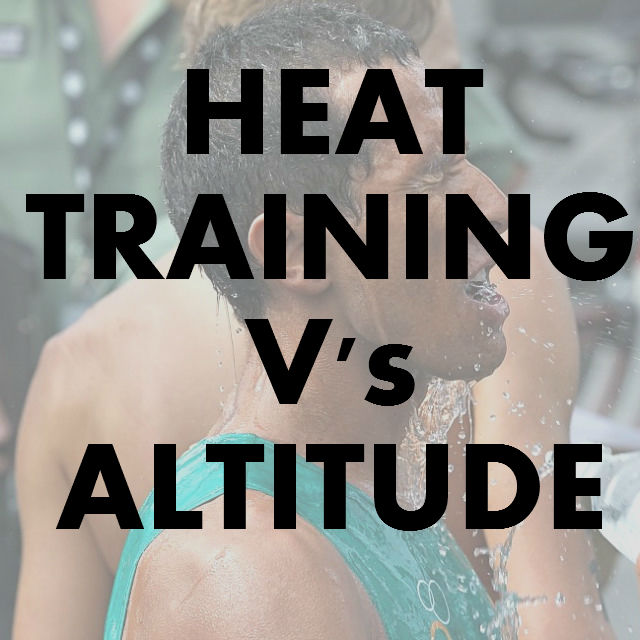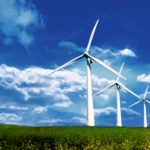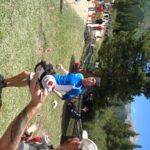
Heat vs. Altitude
There has been much debate through the years whether the heat or the altitude is tougher for training and racing. Obviously there are A LOT of factors that go into this- where you live, background, genetics, sweat rate, body size, terrain, etc. I thought this blog would be fitting considering I will be spending the next 8 weeks living at 9000 feet, and it was just last month I was back in Texas sweating in 100 degree heat and humidity. After having spent many years training in altitude and heat, I thought I would use myself as the guinea pig for this article and try and put together some valuable information for those of you reading this. Keep in mind, my body always races well in heat ( I get cold easy!!,) and altitude has never been too difficult on my physiology as well (within reason 🙂 So which is harder for you?
- Hydration- When it comes to hydration, I give the nod to heat. If any of you reading this have ever been to Texas or anywhere in the southeast in the summer months you know the kind of sweat I am talking about. When the dew point gets into the 70’s it gets quite oppressive and electrolyte’s are a must to not just survive, but maintain homeostasis on a cellular level. Exercising in altitude does require proper hydration due to losses from hypoxia and exertion, but not at the rate one does when training in excessive heat.
- Recovery- Altitude is the winner in this category and for good reason. If you exercise in extreme heat, once you are done you are back in an air conditioned room and can start the process to get your core temperature down. If you are in the mtns and just finished a tough run, guess what…you are still in altitude! Your home doesn’t care if you are inside in because you can’t escape the hypoxia you will experience when living and training high.
- Benefits- This is a tough one, but I give the nod to altitude. There have been numerous studies of late showing potential benefits of training in the heat, but last time I checked no endurance athlete goes to heat to prepare for an event unless that event is in high temperatures. Contrast that with altitude, where many top level athletes train in altitude, or prepare for an important event while spending blocks of time there. My experience with training in altitude has been extremely positive, and I found in the past I benefitted more than most.
- Metabolism- If getting leaner for a key race is important to you, then I suggest you move to the mtns. Exercising in the heat can burn more calories than normal, but in my experience nothing will increase your BMR more than living and training in altitude. I have experienced this first hand in myself and many others through the years. The tough part to distinguish is if you are tired or hungry? This cycle can actually cause you to gain weight, so learning how your body reacts is key.
- Acclimation- As far as acclimatizing, the winner in this category is the heat. Whenever I trained in altitude I found I would reach a certain point where my pace/times/ were CLOSE to my sea level efforts. Contrast that to exercising in the heat, and I never feel like I can acclimate 100%. Keep in mind, a lot of this depends on how high the altitude is where you are vs. how high the temperatures are.
- Terrain- If you are comparing going uphill in the heat vs. going uphill in altitude than no question altitude wins in this category. Climbing in the heat won’t change your heart rate/effort much unless you are trying to maintain the same pace. Climbing in altitude is a difference maker without a doubt and anyone that goes from sea level to altitude and starts to go uphill can tell you just how much more effort is required.
- Body Size- Assuming each athlete is on a flat surface, heat is going to benefit the smaller athlete much more than altitude will. This comes down to surface area, and even athletes with very low body fat but weigh more will typically struggle more than an athlete with similar lean muscle mass but weigh less. There is a reason the lightest athletes win the Ironman in Kona every year, and this proves this fact.


